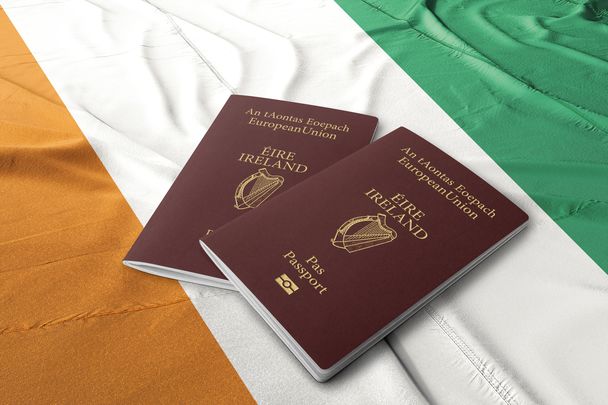The Department of Integration confirmed to Extra.ie that the next largest blocks of travelers who were awarded citizenship came from Pakistan, Brazil, Latvia, China, and the Philippines.
The numbers being granted citizenship have grown in recent years, from a total of 5,781 in 2019 and 5,467 in 2020 to 9,770 in 2021, 13,598 in 2022, and 18,279 last year.
In total, 52,895 people have been granted citizenship in Ireland over those five years.
A spokesman for the Department of Integration confirmed: "The Citizenship Division of the department has significantly increased its decision-making capacity, and has gone from naturalising 13,598 applicants in 2022 to 18,279 applicants in 2023."
The spokesman said "16,000 decisions have been made on citizenship applications in the first half of this year. Additionally, five citizenship ceremonies have been hosted this year with over 10,000 people conferred with citizenship. Further ceremonies are being planned".
They said granting of Irish citizenship through naturalization is governed by the provisions of the Irish Nationality and Citizenship Act 1956.
All applications for a certificate of naturalization are processed and assessed individually in accordance with the provisions of the Act.
Under those laws, applicants are required to have five years’ residence in the State before they can apply, except for spouses of Irish nationals and people granted international protection, where the requirement is three years.
The data given to Extra.ie shows that the numbers arriving from certain countries, such as Poland, remained high but steady over recent years, ranging from 925 in 2019 to 990 in 2023.
However, other countries have seen a large rise in successful applications for citizenship. Just 125 people from Pakistan became Irish citizens in 2019, but this number rose to 1,068 last year. India’s 513 new Irish citizens in 2019 increased to 2,503 in 2023.

Are you planning a vacation in Ireland? Looking for advice or want to share some great memories? Join our Irish travel Facebook group.
The number of Romanians doubled from 552 in 2019 to 1,006 last year, while those coming from Nigeria soared from 304 new citizens to 1,174 over the same period.
Central Statistics Office figures showed this is the third successive year in which Ireland has taken in over 100,000 immigrants.
Statistician Eva Leahy said: "Ireland’s population was estimated to be 5.38 million, rising by 98,700 people in the year to April 2024. This was the largest 12-month population increase in 16 years since 2008 when the population rose by 109,200.
"The number of immigrants in the 12 months to April 2024 was the highest since the year to April 2007 and consisted of 30,000 returning Irish citizens, 27,000 other EU citizens, 5,400 UK citizens, and 86,800 other citizens, including Ukrainians."
At the same time, over 69,000 people departed the State in the 12 months to April 2024, compared with 64,000 in the same period of 2023. This is the highest emigration figure since 2015.
There was also a natural increase of 19,400 people, consisting of 54,200 births and 34,800 deaths.
Independent TD Carol Nolan said: "What we are witnessing is unnerving and totally unsustainable levels of inward migration that will bring the capacity of the State to provide minimal services to a screeching halt."
* This article was originally published on Extra.ie.




Comments